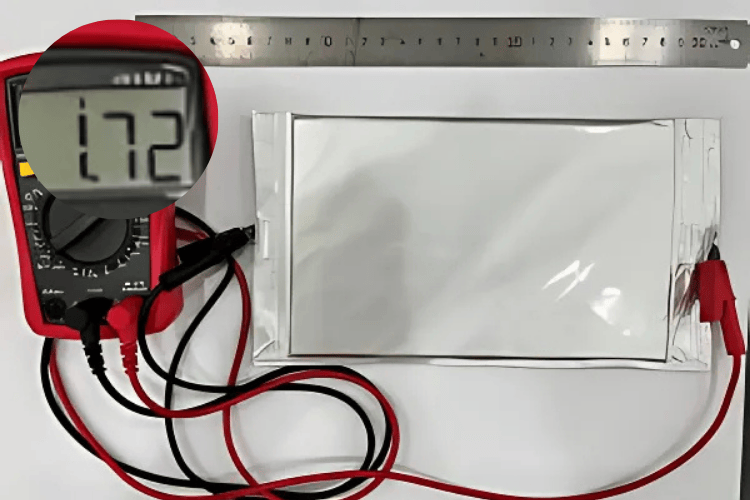
A new solid-state electrolyte aluminum-ion battery is developed by the researchers to tackle the challenges faced in the renewable energy storage system by making it faster, more durable, and more cost-effective compared to the current battery technologies like lithium-ion batteries.
This new study brings in better options for storing energy from solar and wind on a large scale. But one of the hurdles that they face in aluminum-ion batteries is that they suffer from performance issues and safety issues related to the use of electrolytes. These electrolytes have a corrosive nature and are sensitive to moisture, which leads to lower performance over time.
The new approach uses a solid-state electrolyte (F-SSAF), making key improvements in battery performance by stabilizing aluminum deposition, preventing corrosion, and optimizing the overall working of the battery. The new development led to reducing the battery cost and enabling an 80% recovery rate while recycling, making the battery more sustainable. With an impressive lifespan of up to 10,000 charge-discharge cycles, it retains over 99% of its original capacity.
Additionally, the battery is highly moisture-resistant, can handle physical damage, and operates effectively at temperatures as high as 392°F. Its excellent thermal and mechanical stability makes it more suitable for power grids and industrial applications. This new aluminum-ion battery is a great step toward better and more eco-friendly energy storage. With more advancements in the research and upgrades it could really change how we store renewable energy in future.

